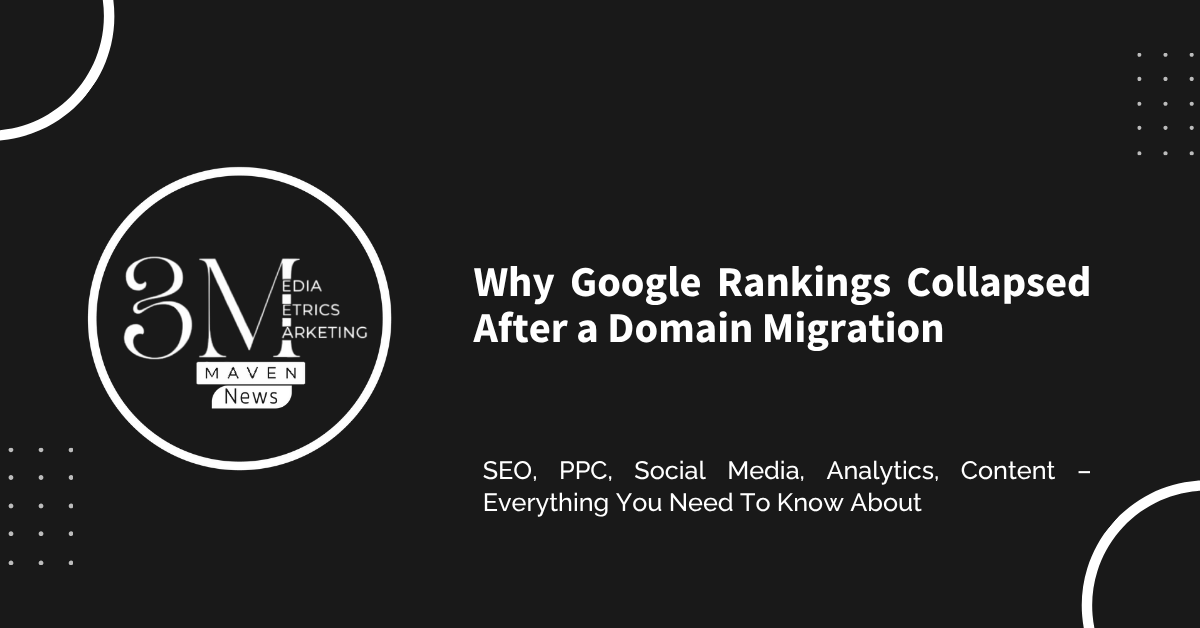Google’s ranking drop for an educational website after its migration to a new domain was not due to the migration itself, but rather because of low-quality and irrelevant content on the site. This insight comes from John Mueller of Google, who provided guidance to help diagnose the issue.
Background: A Cry for Help
The owner of a website that migrated from javatpoint.com to tpointtech.com reached out to the SEO community, puzzled by a sudden drop in rankings and traffic. They assumed the migration caused the problem since it coincided with the performance decline.
However, as Mueller pointed out, while the migration occurred before the drop, it wasn’t the root cause. Instead, it acted as a trigger for Google to reassess the entire site, exposing deeper issues tied to poor content quality.
What Went Wrong?
Mueller suggested using Bing to perform site searches like:
site:tpointtech.com sexysite:tpointtech.com watch onlinesite:tpointtech.com top 10
These queries revealed numerous irrelevant pages featuring off-topic content such as celebrity lists and videos — all unrelated to the site’s supposed educational niche. These types of pages likely signaled to Google that the content was created primarily for search engines and monetization, rather than for users.
This problematic content originally came from the old domain (javatpoint.com) and was simply carried over during the migration. While it may have flown under the radar before, the domain change prompted Google to re-evaluate the site, ultimately leading to a loss in visibility.
Key Takeaways
- Use Bing for Site Diagnostics
Bing can uncover pages that Google might no longer index, offering clues about potentially harmful content hiding on your site. - Irrelevant Content Hurts Credibility
Websites should maintain a clear thematic focus. Wildly off-topic content suggests manipulative SEO tactics, which Google explicitly discourages. - Past Success Doesn’t Guarantee Future Results
Just because low-quality content hasn’t hurt rankings yet doesn’t mean it won’t. Issues can remain dormant until triggered by events like a domain migration or algorithm update. - Content Intent Matters More Than Quality Alone
Even if the writing is technically sound, if the intent behind it appears to be purely for gaining traffic or revenue, it risks violating Google’s guidelines. - Topic Expansion Needs Strategy
While expanding into related topics can be beneficial, doing so haphazardly without aligning with the site’s brand or purpose can confuse both users and search engines.
In conclusion, the domain migration didn’t cause the ranking collapse — it merely exposed long-standing content issues. The lesson here is that publishers must proactively evaluate their content strategy, ensuring that all material serves a genuine user need and aligns with Google’s quality standards.










